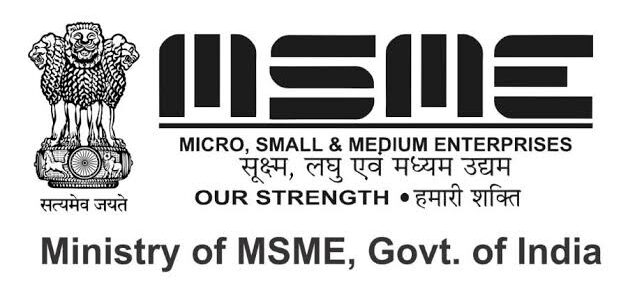Taxation-GST Refunds
Original price was: ₹499.00.₹99.00Current price is: ₹99.00.
10000 in stock
Description
GST refunds are a crucial aspect of the taxation system, particularly in countries where the Goods and Services Tax (GST) is implemented. GST refunds are essentially reimbursements of the GST paid on inputs or input services used in the production of goods or services, which are then exported or supplied without GST to international markets or designated tax-exempt entities.
Here’s a breakdown of the process and significance of GST refunds:
- Export of Goods and Services: When goods or services are exported from a country, they are typically exempted from GST to make them competitive in international markets. However, the businesses exporting these goods or services have likely paid GST on various inputs during the production process. To avoid double taxation and maintain the competitiveness of exports, countries provide mechanisms for businesses to claim refunds on the GST paid on inputs used in the production of exported goods or services.
- Input Tax Credit (ITC): Businesses can claim input tax credits for the GST paid on purchases of goods and services used in their business activities. These credits can be set off against the GST liability on the sales of goods or services. However, when the output is zero-rated (like exports), businesses may accumulate excess credits, which can be claimed as refunds.
- Process for GST Refunds: Typically, the process for claiming GST refunds involves filing a refund application with the tax authorities. The application may require documentation such as invoices, shipping documents, and proof of export. Tax authorities review these applications to ensure compliance with GST laws and regulations before approving the refund.
- Timelines and Procedures: Different countries have their own timelines and procedures for processing GST refunds. Some may have automated systems in place, while others may require manual processing. Delays in refunds can impact businesses’ cash flows, so efficient and timely processing is essential.
- Compliance and Audits: Tax authorities may conduct audits to verify the accuracy and validity of refund claims. Businesses must maintain proper records and documentation to support their refund claims and comply with any audit requests from tax authorities.
- Impact on Businesses: Timely GST refunds are crucial for businesses, especially exporters, as they help improve liquidity and cash flow. Delays or denials in refunds can create financial strain and affect competitiveness in international markets.
Additional information
| Taxation | company, gst, gst refund, llp, partnership, proprietorship, returns, startup |
|---|





















